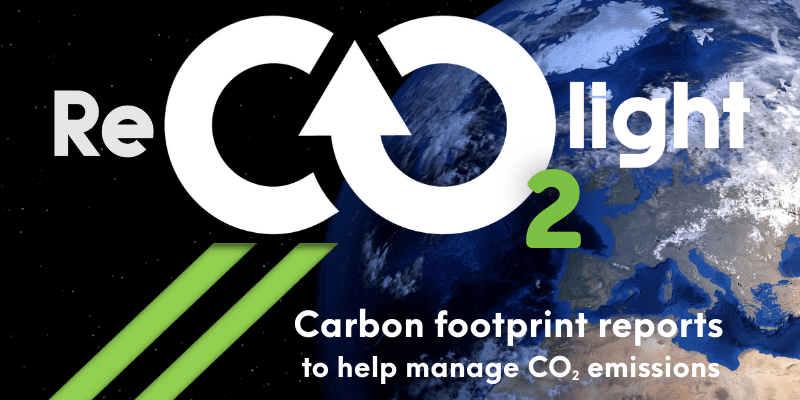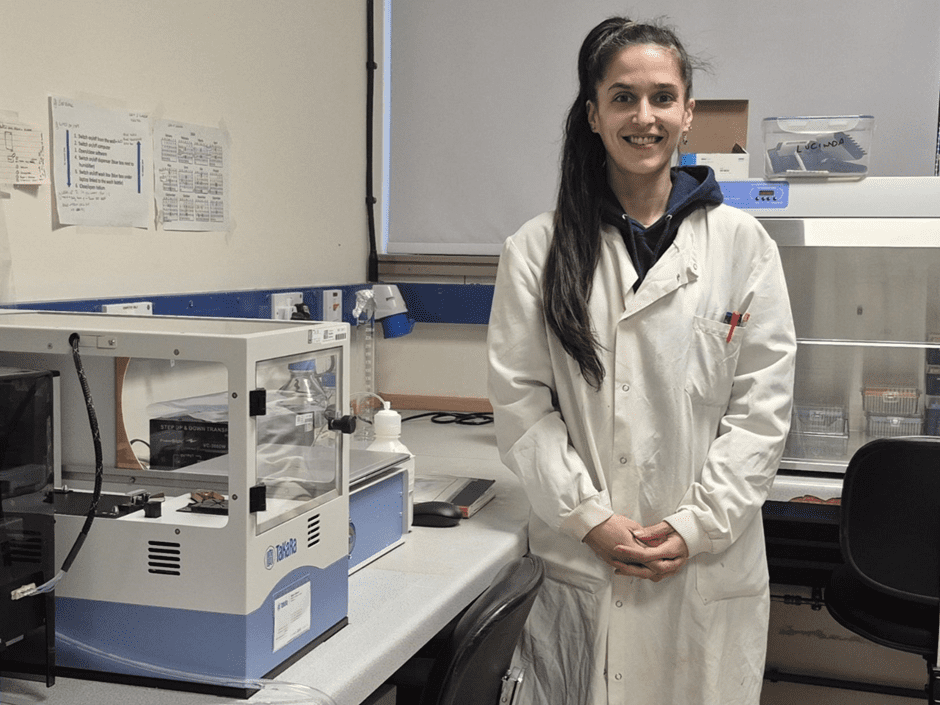Ultrafine particles, UFPs, the smallest particles that contribute to air pollution (and still a challenge to measure), hinder the function of mitochondria in human olfactory mucosa cells, according to a new study, findings that appear to clarify some of the adverse health effects believed to be linked to exposure.
Led by the University of Eastern Finland, the study appeared to show that traffic-related UFPs impair mitochondrial functions in primary human olfactory mucosa cells by hampering oxidative phosphorylation and redox balance. The responses of olfactory mucosa cells of individuals with Alzheimer’s disease differed from those of cognitively healthy controls. The findings were published in Redox Biology.
Air pollution is believed to constitute a major global burden on people’s health, and it has been indicated as a risk factor for dementia, including Alzheimer’s disease, AD. Despite the growing body of evidence, the role of UFPs in the cellular and molecular changes in the human brain leading to Alzheimer’s disease remains obscure.
The olfactory mucosa is a sensory tissue responsible for odour detection, and it is directly exposed to the environment and in contact with the brain. Interestingly, one of the earliest clinical symptoms of Alzheimer’s disease is an impaired sense of smell. The Kanninen Lab at the University of Eastern Finland uses a physiologically relevant human-based in-vitro model of the olfactory mucosa, which is generated from cells obtained from voluntary donors and collected in collaboration with Kuopio University Hospital. Earlier studies by the Kanninen Lab have shown that this model recapitulates AD-related alterations, which makes it suitable for investigating air pollution and its connection to AD.
“Dysfunction of mitochondria plays a key role in the development and progression of neurodegenerative diseases such as AD, and mitochondria are known to be especially vulnerable to environmental toxicants. Still, the connection between UFPs and mitochondrial functions in the context of AD has not been previously investigated in the human olfactory mucosa,” says first author, Doctoral Researcher Laura Mussalo of the Kanninen Lab at the University of Eastern Finland.
The study explored molecular mechanisms of how UFPs affect the mitochondrial function of olfactory mucosa cells from cognitively healthy individuals and individuals diagnosed with Alzheimer’s disease. The researchers compared responses in mitochondria of these two health status groups by examining gene expression, and with functional assessment. The researchers were also interested in determining whether fossil and renewable diesel fuels cause different effects, and how modern aftertreatment devices in the engine, such as particulate filters, affect the responses observed at the mitochondrial level.
The study provides evidence of traffic-related UFPs being able to reach even the inner mitochondrial membrane, impair oxidative phosphorylation, and cause mitochondrial dysfunction. Both gene expression level alterations and functional studies confirmed disruptions in mitochondrial respiration, decreased ATP levels, and alterations in redox balance leading to increased oxidative stress. These alterations were strongest in response to exhausts derived from an engine without aftertreatment devices. However, the exhaust from an engine with after-treatment devices showed only negligible changes. Responses observed in cells from individulas with AD were slightly deviating from those of the controls, suggesting AD-related alterations in olfactory mucosa cells upon exposure to UFPs.
There is an urgent need to understand the interplay of air pollutants and human health in order to steer the political decision-making for efficient reduction of air pollutants, which could, in the long run, reduce the economic burden caused by adverse health effects. This study provides important information on the increased sensitivity of individuals with AD to the effects of air pollution exposure. It also provides new insight to form the basis for mitigation and preventive actions against the health impairments caused by UFP exposure.
The study constitutes part of TUBE project, which was funded by the Horizon 2020 programme of the European Union. The study has also received funding from the Kuopio Area Respiratory Foundation, the Finnish Brain Foundation, Yrjö Jahnsson Foundation, Päivikki and Sakari Sohlberg Foundation, and The Finnish Cultural Foundation’s North Savo Regional Fund.
















